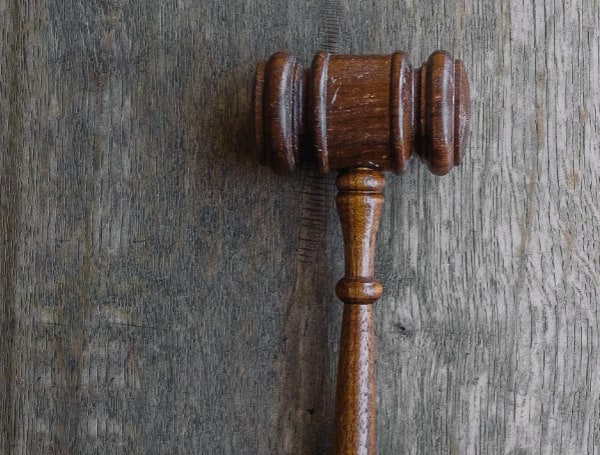A South Florida appeals court Wednesday ordered new hearings for four juveniles who objected to delinquency hearings being held by video conferen
A South Florida appeals court Wednesday ordered new hearings for four juveniles who objected to delinquency hearings being held by video conference amid the COVID-19 pandemic.
A three-judge panel of the 3rd District Court of Appeal said the juveniles were denied due process because Miami-Dade County circuit judges did not “render case-specific findings of necessity before ordering delinquency adjudicatory hearings to proceed via a video-conferencing platform.”
Trying to prevent the spread of COVID-19, the Florida Supreme Court issued administrative orders in 2020 that set guidelines for court proceedings across the state, including the use of video conferences.
Wednesday’s ruling came in consolidated cases involving juveniles identified by the initials J.T.B., D.S., F.L. and W.B.
In three of the cases, delinquency hearings were held completely through video conference, while in the D.S. case, the juvenile and his mother appeared remotely. In each case, the juveniles were found delinquent after circuit judges turned down their objections to video conferencing.
In the news: Florida Justices Back DeSantis’ Request For Statewide Grand Jury To Investigate Human Smuggling, Immigration
“In three of the four cases, D.S. being the lone exception, the entire proceeding was conducted on a remote platform, meaning none of the participants — parties, witnesses, or counsel — were physically in the courtroom with the judge, who also served as fact finder, during the adjudicatory hearing,” said the 14-page ruling, written by Judge Bronwyn Miller and joined by Judges Kevin Emas and Alexander Bokor.
“In the absence of case-specific findings, we are left to speculate as to whether the request for in-person appearances could have been readily accommodated or a short delay would have allowed for a return to the courtroom.”
The ruling did not detail the delinquency allegations against the juveniles.
Visit Tampafp.com for Politics, Tampa Area Local News, Sports, and National Headlines. Support journalism by clicking here to our GiveSendGo or sign up for our free newsletter by clicking here.
Android Users, Click Here To Download The Free Press App And Never Miss A Story. Follow Us On Facebook Here Or Twitter Here.
Copyright 2022 The Free Press, LLC, tampafp.com. All rights reserved. This material may not be published, broadcast, rewritten, or redistributed.

